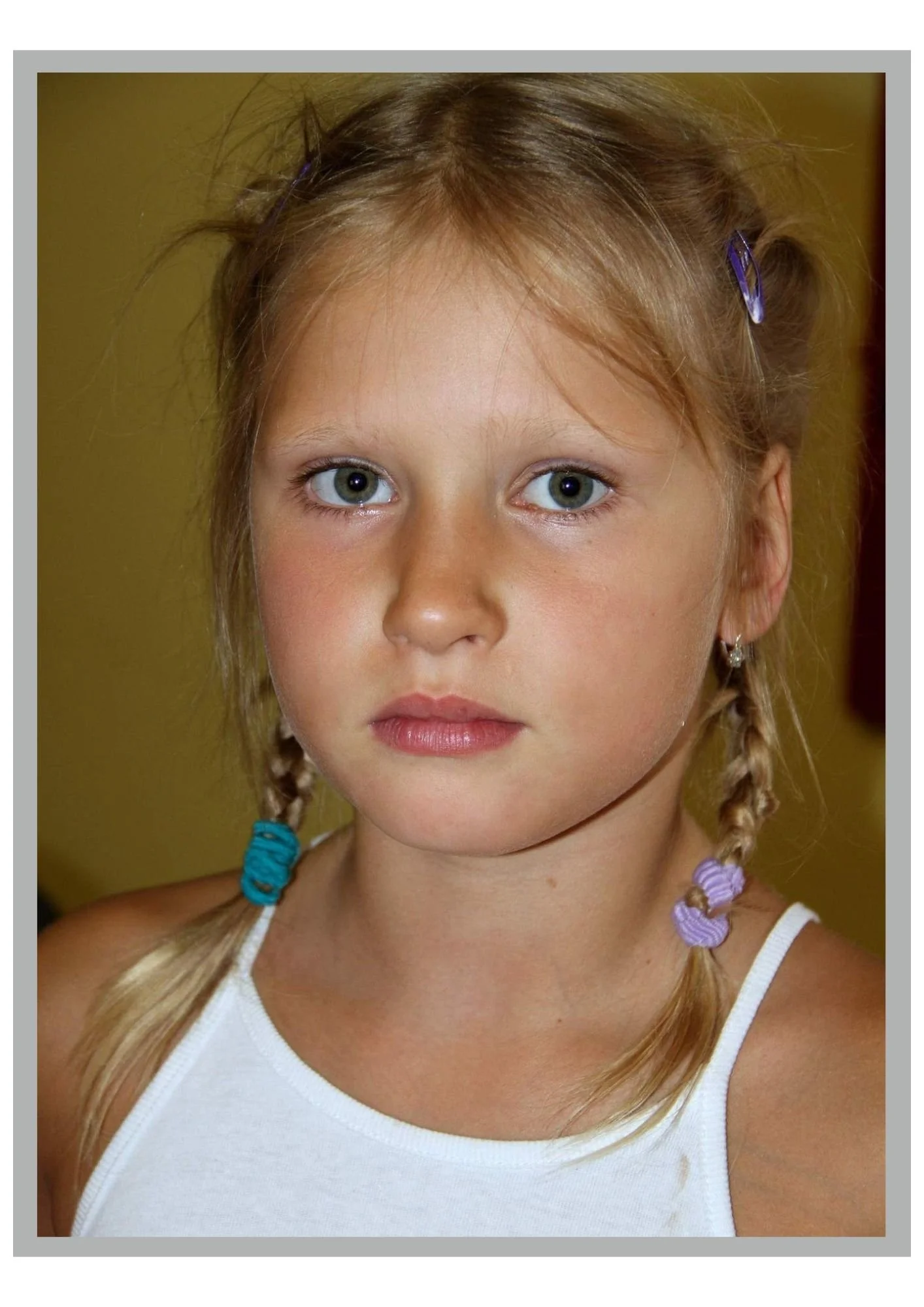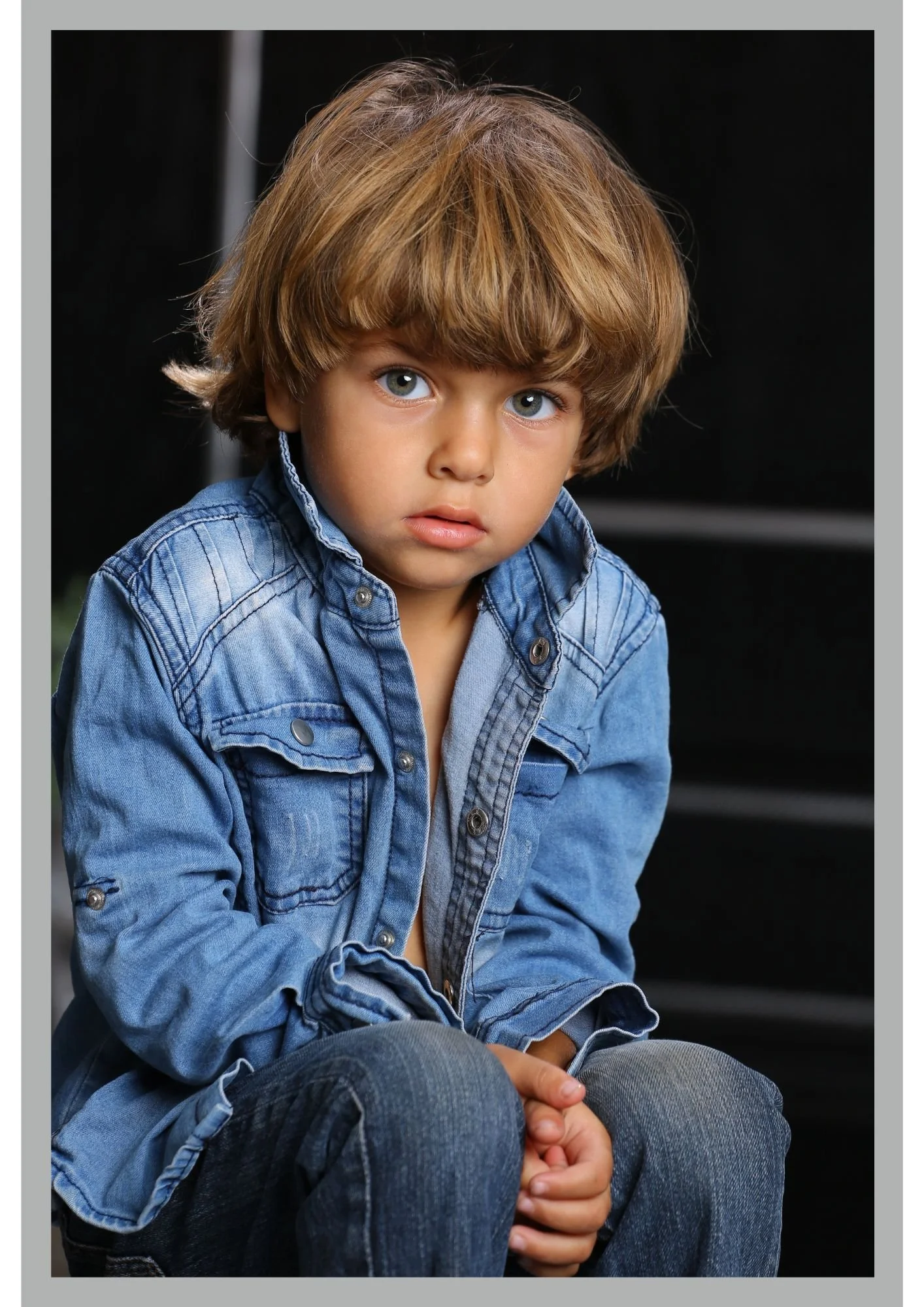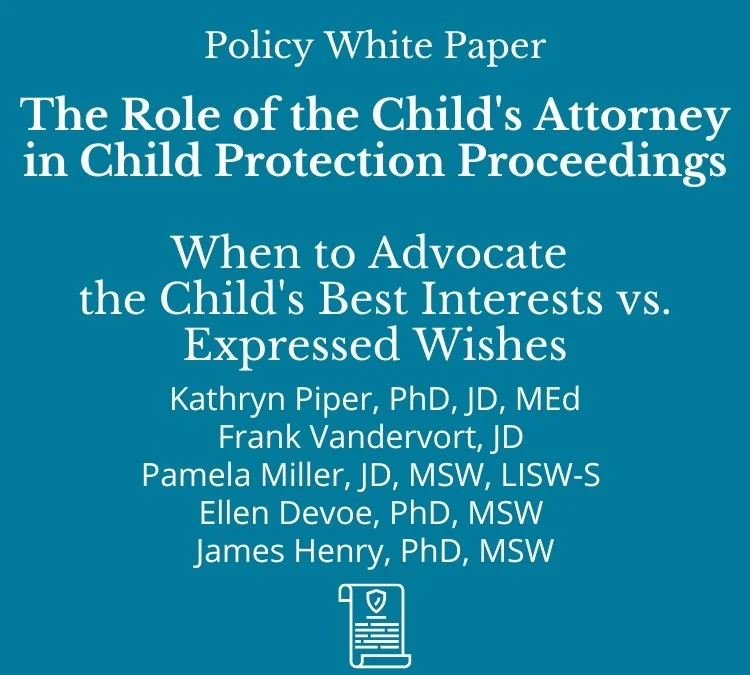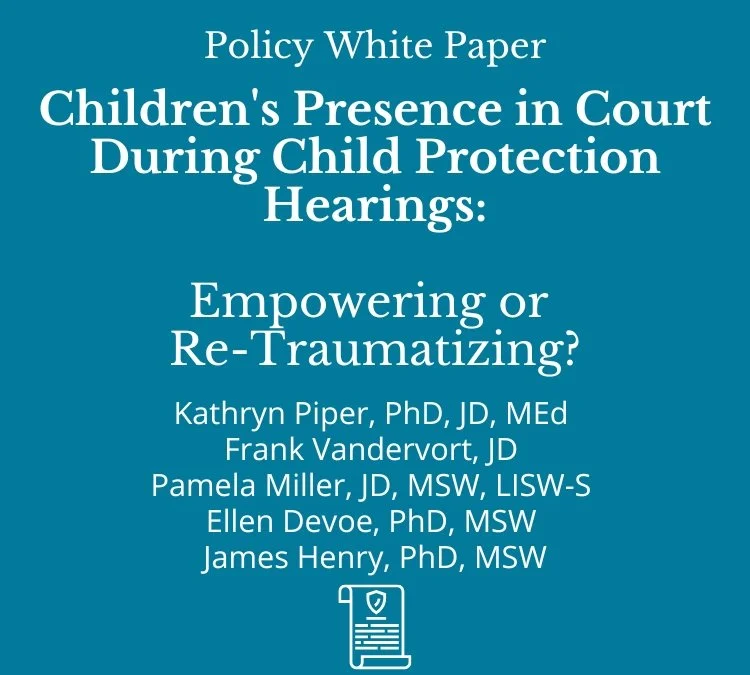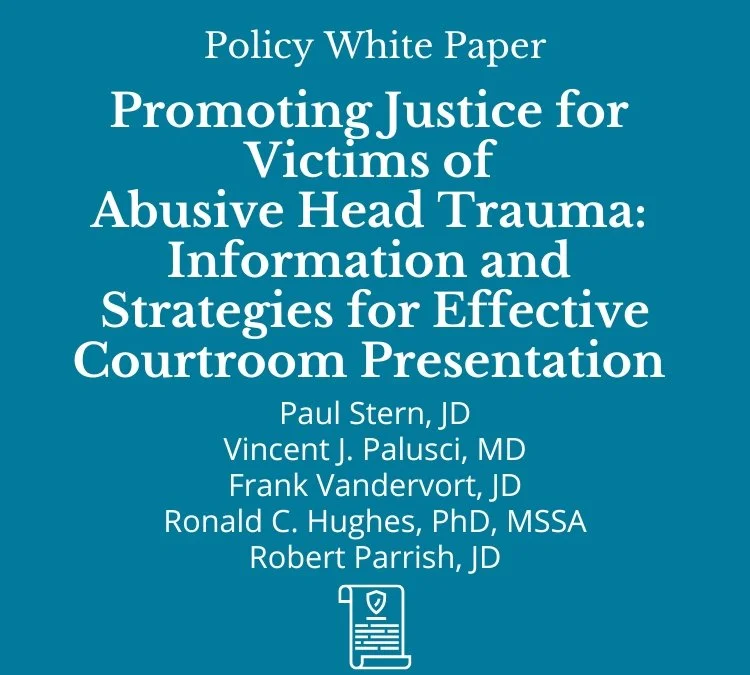Legal Practice in Child Maltreatment
Attorneys and non-attorneys who work in legal settings, including agency attorneys, judges, prosecutors, guardians ad litem (GALs) or Court Appointed Special Advocates (CASA), all play critical roles in protecting the legal rights of abused and neglected children. Their primary responsibility is to act in ways that promote safety and achieve timely permanence and well-being for each maltreated child involved in the court system.
Serving children effectively in legal settings requires a deeper understanding the child clients and the variables affecting their well being – including the combined traumatic effects of child maltreatment, family separation, child protection, and legal intervention. It also requires knowledge of empirically supported best practices in the child maltreatment field, and how this body of data applies to general court processes as well as to individual children. This information often comes from related professional disciplines such as social work, psychology, and medicine.
In some cases, strategies best suited to ensuring children’s safety, permanence, and well being can conflict with legal and court processes, ideology, community standards, and political concerns, as well as court practices put in place to protect children’s parents and others involved in the child’s case.
This page specifically targets the complex issues and challenges inherent in legal practice in child abuse and neglect to promote more effective legal practice and advocacy on behalf of maltreated children.
Policy Reports
Contributors
Authors
Paul Stern, JD
Retired, Prosecuting Attorney,
Snohomish County Prosecutor's Office
Vincent J. Palusci, MD
Professor, Department of Pediatrics
NYU Grossman School of Medicine
Senior Policy Analyst
Child Maltreatment Policy Resource Center
Frank Vandervort, JD
Clinical Profession of Law,
University of Michigan Law School
Senior Policy Analyst
Child Maltreatment Policy Resource Center
Ronald C. Hughes, PhD, MSSA
Executive Director, Senior Policy Analyst
Child Maltreatment Policy Resource Center
Institute for Human Services
Robert Parrish, JD
Professor of Fundamentals of Lawyering,
George Washington University School of Law
Kathryn A. Piper, PhD, JD, MEd
Policy Analyst and Consultant,
Child Maltreatment Policy Resource Center
Pamela Miller, JD, MSW, LISW-S
Senior Policy and Law Analyst,
Child Maltreatment Policy Resource Center
Ellen Devoe, PhD, MSW
Professor and Associate Dean for Research
at Boston University School of Social Work
James Henry, PhD, MSW
Professor
Western Michigan, School of Social Work


